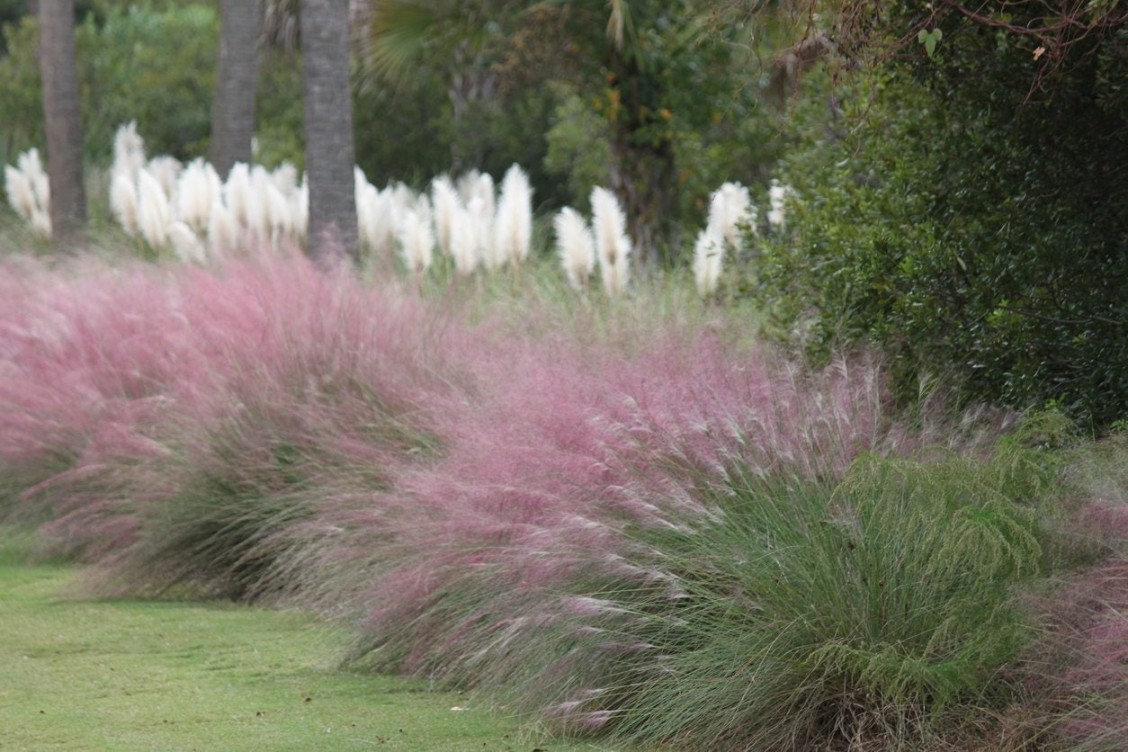Ornamental Shade Grasses: A Guide to Elegant Landscaping
Ornamental shade grasses offer a unique and stylish addition to any garden, particularly in shaded areas. These versatile plants thrive in low-light conditions, adding texture, color, and movement to your outdoor space. With their low-maintenance nature and adaptability, they are a popular choice for both novice and experienced gardeners.

Key Benefits of Ornamental Shade Grasses
Low-Light Tolerance: Shade grasses are ideal for areas that receive limited sunlight, such as under trees or along north-facing walls.
Year-Round Interest: Many shade grasses retain their attractive foliage throughout the year, providing visual appeal even in winter.
Low Maintenance: Once established, these grasses require minimal care, making them perfect for busy gardeners.
Wildlife Attraction: Ornamental grasses can attract beneficial insects and birds to your garden.
Soil Erosion Control: They help to prevent soil erosion, especially on slopes or in areas with heavy rainfall.

Popular Ornamental Shade Grasses
Japanese Forest Grass (Hakonechloa macra): Known for its graceful foliage and vibrant fall colors, this grass adds a touch of elegance to any shade garden.
Feather Reed Grass (Calamagrostis x acutiflora): This tall, airy grass creates a dramatic focal point in the landscape. It comes in various cultivars with different leaf colors and growth habits.
Northern Sea Oats (Chasmanthium latifolium): This native North American grass features unique, oat-like seed heads that sway in the breeze.
Woodland Sedge (Carex morrowii): This low-growing sedge forms dense clumps of foliage and is ideal for ground cover or edging.
Variegated Japanese Silver Grass (Miscanthus sinensis ‘Variegatus’): This striking grass features white-striped foliage that adds a touch of brightness to shady areas.
Planting and Care Tips
Planting: Plant shade grasses in well-drained soil. The ideal time for planting is in spring or fall.
Watering: Water regularly, especially during dry periods, to ensure healthy growth.
Fertilizing: Apply a balanced, slow-release fertilizer in early spring.
Pruning: Cut back the old foliage in late winter or early spring to encourage new growth.
Division: Divide mature clumps every 2-3 years to rejuvenate the plants and propagate new ones.
Conclusion
Ornamental shade grasses are a versatile and beautiful addition to any garden. By selecting the right varieties and providing proper care, you can create a stunning and low-maintenance landscape that thrives in even the shadiest of conditions.

